The views expressed in our content reflect individual perspectives and do not represent the authoritative views of the Baha'i Faith.
How can we recognize the Word of God?
Perhaps in a fit of poetic exuberance, John proclaimed in His gospel that the “Word was God.” A more accurate Christian understanding is that the Word is not substantially different from God. In the words of Paul, the Word is in the image of God. Arguing against those who do not differentiate between the Father and Son, Tertullian explains:
At every point they are put to silence by the fact that a distinction is made between Father and Son a distinction which, since the two continue to be joined together, we explain as one between the sun and its ray or a fountain and the stream.
This apt analogy, also used in the Baha’i writings, makes logical sense. In the same way the sun gives birth to a ray of light, God may be said to have created His Logos. The analogy conveys the co-eternity of the Logos with the Creator, because the solar ray of light and energy is an essential part of the sun – and yet separate from the sun itself.
Baha’is agree with Christians in the essential defining characteristics of Logos, as the transcendental Command of God, through Whom all things are created. Baha’u’llah writes:
Know thou, moreover, that the Word of God — exalted be His glory – is higher and far superior to that which the senses can perceive, for it is sanctified from any property or substance. It transcendeth the limitations of known elements and is exalted above all the essential and recognized substances. It became manifest without any syllable or sound and is none but the Command of God which pervadeth all created things… Every event must needs have an origin and every building a builder. Verily, the Word of God is the cause which hath preceded the contingent world – a world which is adorned with the splendors of the Ancient of Days, yet is being renewed and regenerated at all times. – Tablets of Baha’u’llah, p. 141.
It is easy to see how early Christians, with only a few remembrances of Christ’s teachings to guide them, were led to construct the idea of a Word made flesh. In a mystical tablet called Ode of the Dove, Baha’u’llah speaks of the Self of God, another term for the Word of God, as being “consigned in human form.” In another, he speaks of the manifestations of the Word as being the “embodiments of the attributes of God, the Invisible” (The Kitab-i-Iqan, p. 10). But the Word is not flesh, and those that reflect it embody only attributes of an invisible God.
Now we come to the heart of the matter. Do Baha’is believe that Logos incarnated Himself? As we have seen from the above, the answer is “no.” Baha’is believe that just as a God who incarnated Himself could not really be God; the Logos, as defined above, is much too lofty to be either incarnated or fully known. The Baha’i teachings say that the bridge between the ethereal Logos and humanity is made by a special creation, a great Soul, which Baha’is refer to as a Prophet or a Manifestation of God. Baha’u’llah writes:
…since there can be no tie of direct intercourse to bind the one true God with His creation, and no resemblance whatever can exist between the transient and the Eternal, the contingent and the Absolute, He hath ordained that in every age and dispensation a pure and stainless Soul be made manifest in the kingdoms of earth and heaven. – Gleanings from the Writings of Baha’u’llah, pp. 66-67.
Observe carefully as the passage continues, and you will see the same concepts with which the framers of the Chalcedonian compromise wrestled:
Unto this subtle, this mysterious and ethereal Being He hath assigned a twofold nature; the physical, pertaining to the world of matter; and the spiritual, which is born of the substance of God Himself. He hath, moreover conferred upon Him a double station. The first station, which is related to His innermost reality, representeth Him as One Whose voice is the voice of God Himself…The second station is the human station. – ibid, p. 67.
So, God’s anointed Manifestations have two natures: a physical self and a spiritual self; and two stations: human and divine. The physical self refers just to the body, so we have one spiritual nature with two stations. This divine station, Baha’is believe, is reflected rather than incarnate.


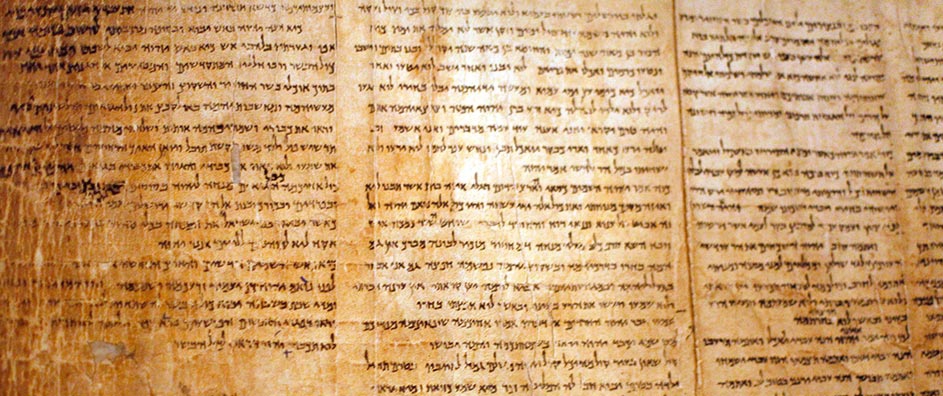
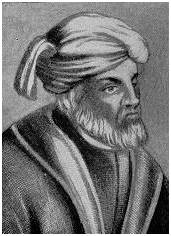

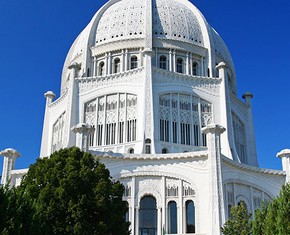
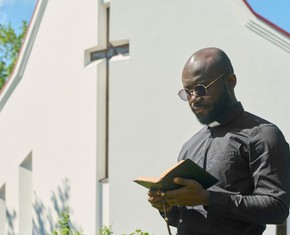
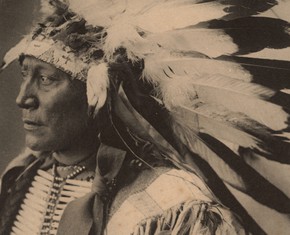









Comments
Sign in or create an account
Continue with Googleor